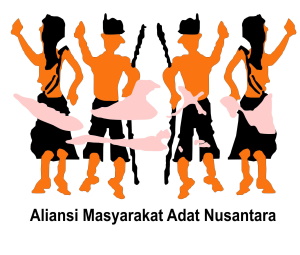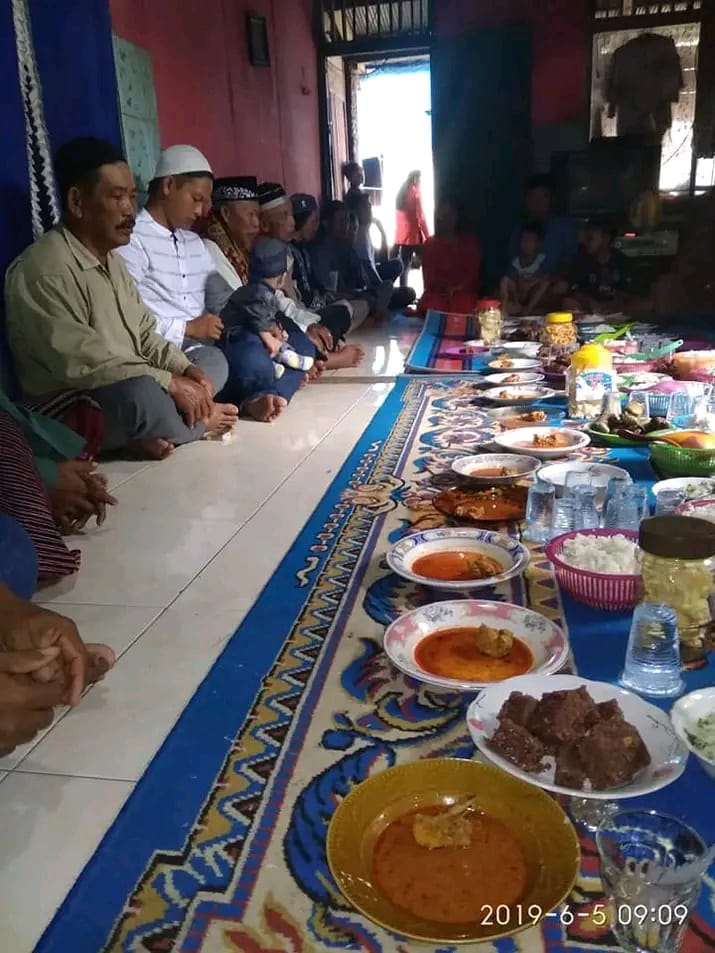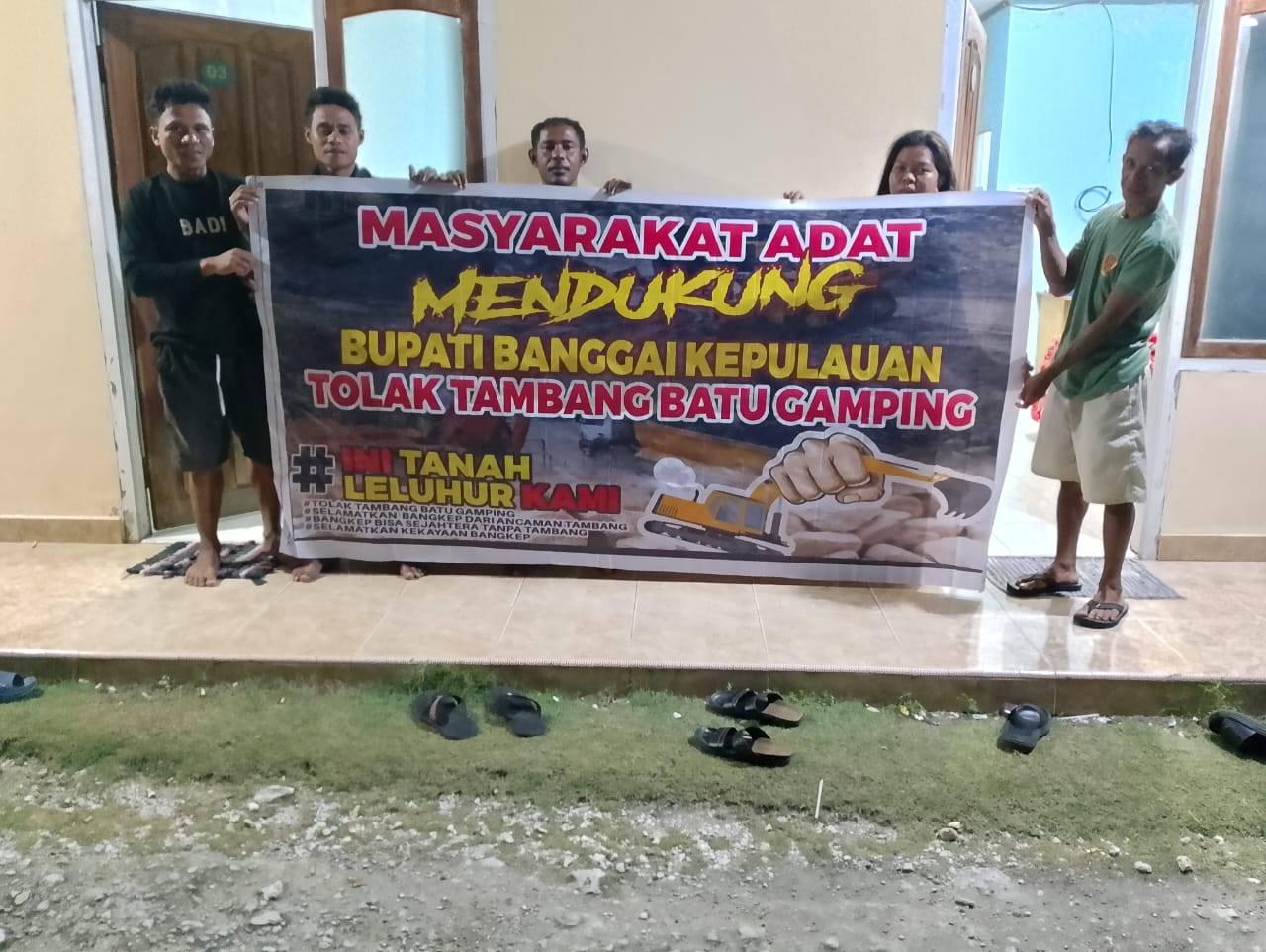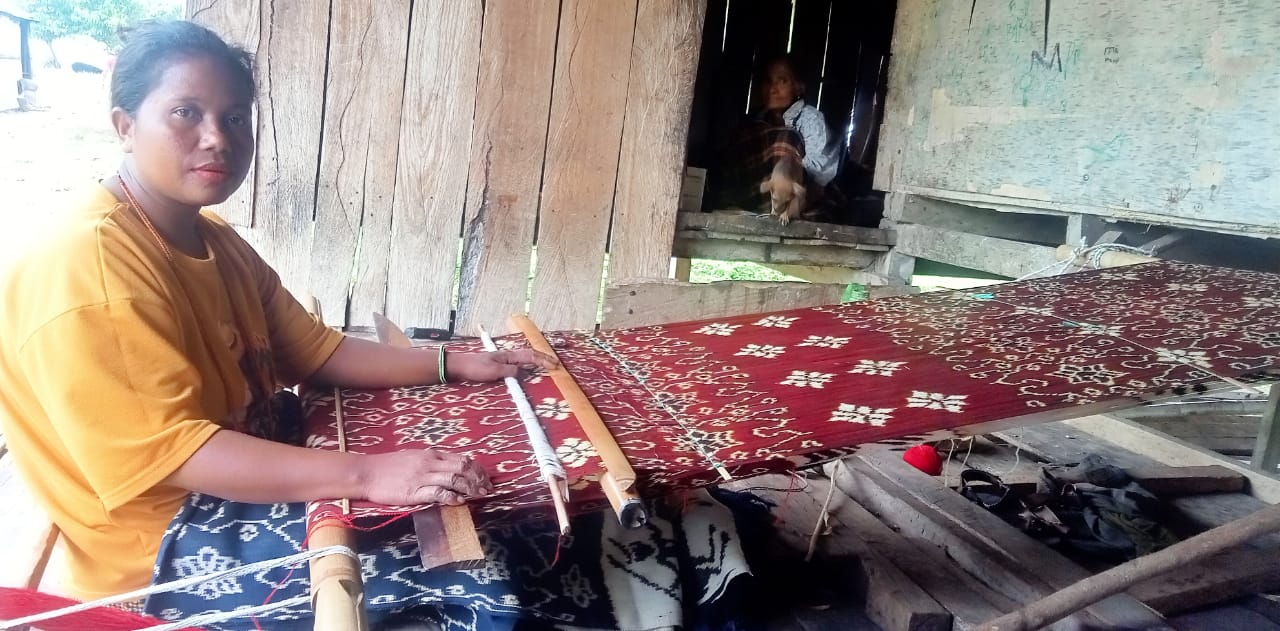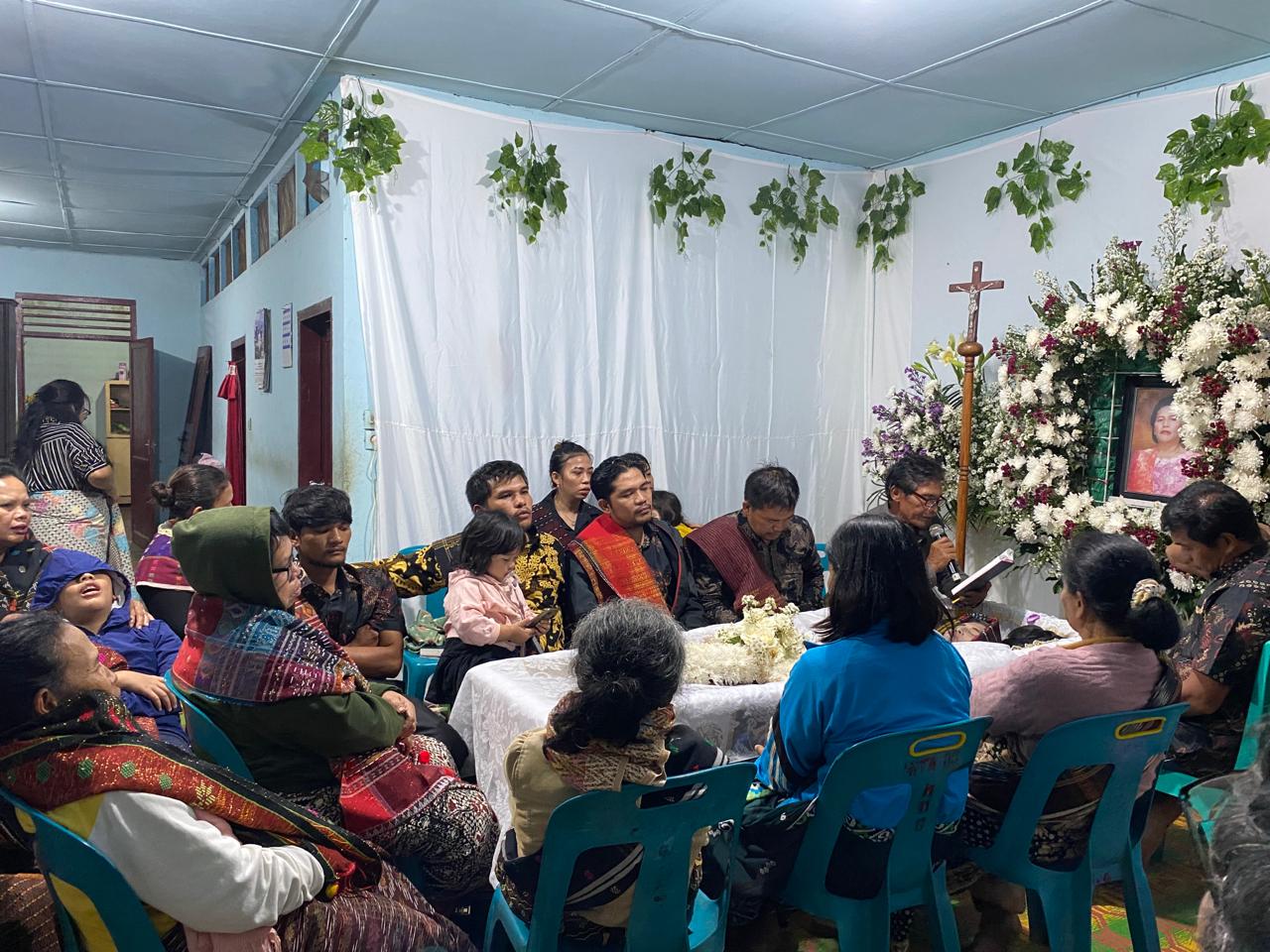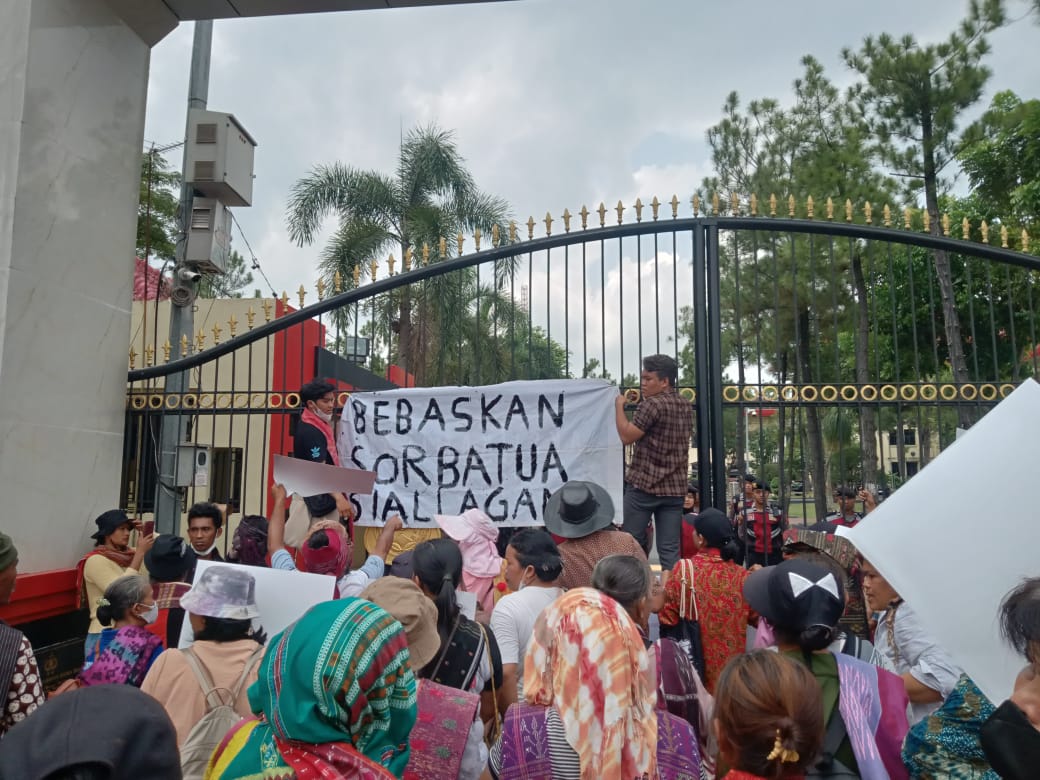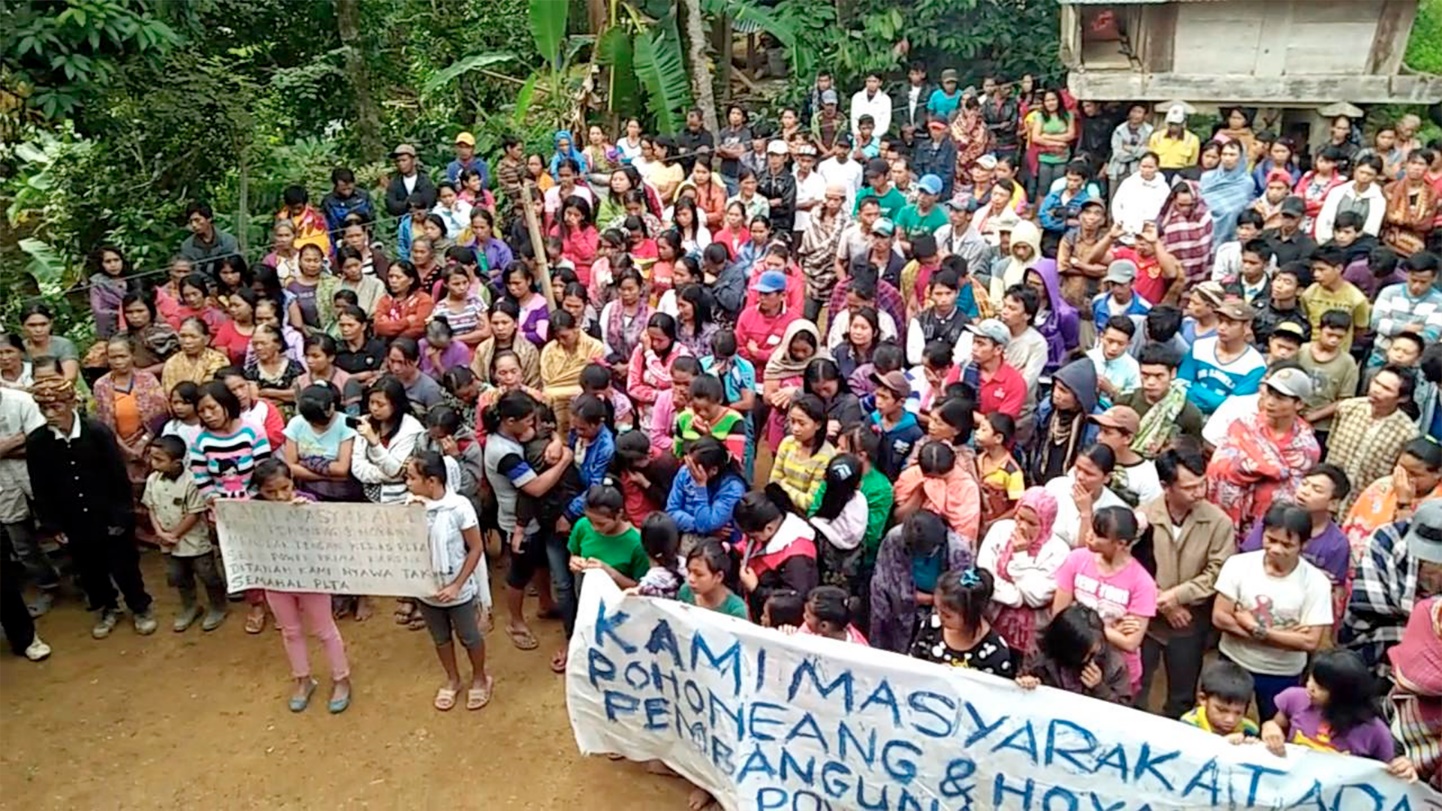
Press Release: ‘Discriminatory’ and ‘debilitating’ obstacles in Indonesian laws hinder recognition and protection of Indigenous Peoples’ rights – issues submitted to UN Treaty Body
21 Januari 2022 Siaran PersAMAN has submitted a report to the United Nations Committee on Economic, Social and Cultural Rights (CESCR) requesting its consideration of the situation of Indigenous Peoples across Indonesia in anticipation of the Treaty Body’s upcoming Pre-Sessional Working Group in March 2022.
The discriminatory and debilitating obstacles contained in Indonesia’s laws and policies which hinder the recognition and protection of Indigenous Peoples’ rights as protected by the UN Convention are the focus of a submission to the UN Treaty Body, made by AMAN [this week].
The Indonesian government has by its own admission failed to make any significant progress in the titling of Indigenous Peoples’ customary territories. Indonesia’s State Report formally recognised only “35,090 ha [hectares] of Adat [customary] Forest” . A figure that represents less than 0.1% of the estimated 40 million ha of forest that is traditionally owned by Indigenous Peoples .
AMAN requested CESCR pay particular attention to the government’s failure to enact the Bill on Indigenous Peoples’which has been languishing in the legislature for over a decade. The absence of such a law contravenes Indonesia’s international human rights obligations to recognise and protect Indigenous Peoples.
The denial of Indigenous Peoples full and effective participation in decisions impacting their lands and livelihoods has resulted in laws and policies that inhibit Indigenous Peoples’ possession and ownership rights. Monica Ndoen, Special Envoy to the Secretary General of AMAN, notes that “all the while, business permitting processes have been simplified through the sweeping deregulation process typified through the Law on Job Creation. A Law that blatantly privileges business interests ahead of Indonesia’s human rights obligations”.
Although the State report describes the development of other policy options to protect tenurial rights, AMAN’s submission criticises such schemes, including Indonesia’s social forestry initiatives. Norman Jiwan, advocacy lead for AMAN-Bengsibas, explained that “in their current form such initiatives legalise the conversion of Indigenous Peoples’ lands to State.
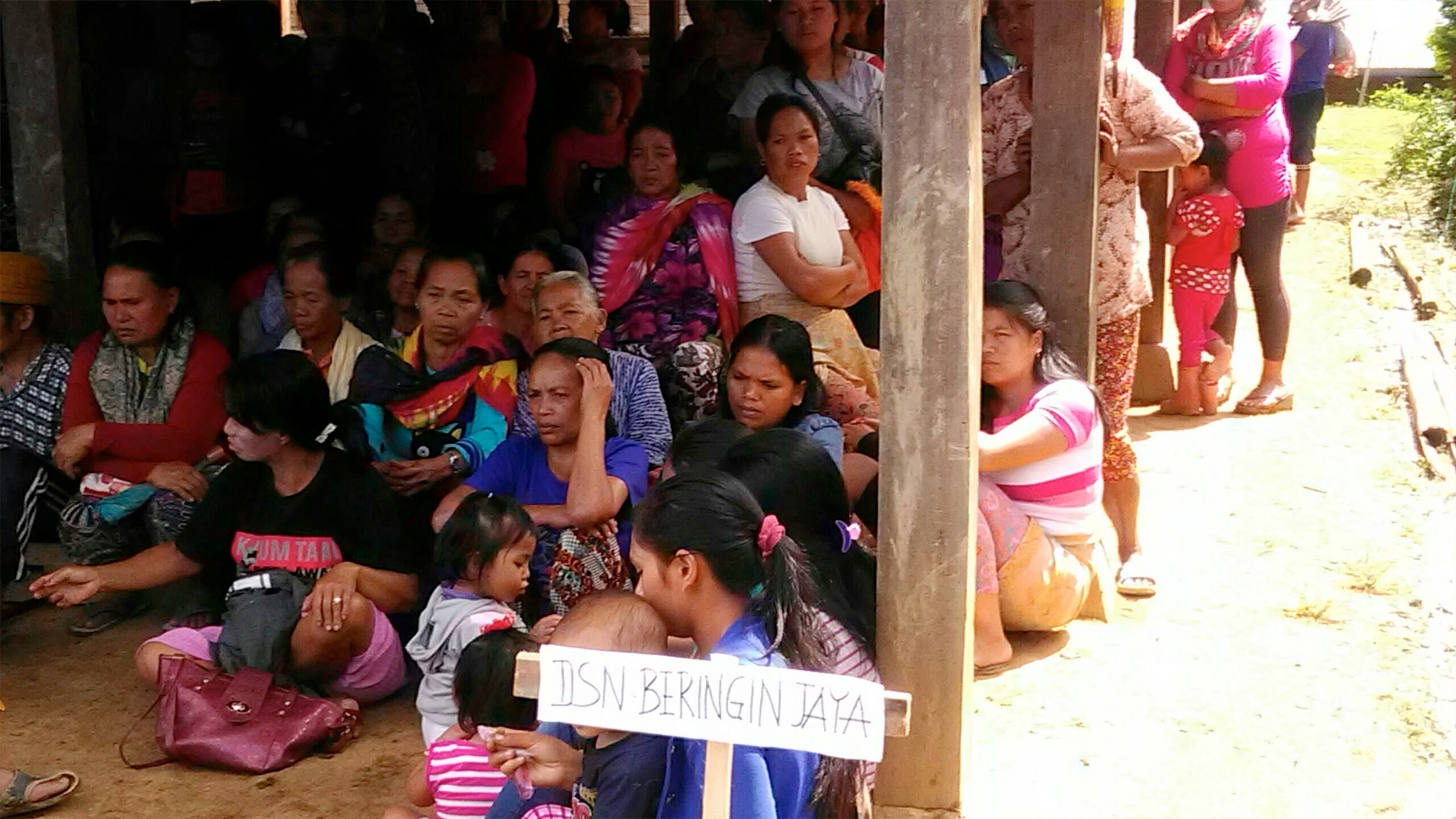 Seko Indigenous Women protest against hydropower activities related to field surveys.
Seko Indigenous Women protest against hydropower activities related to field surveys.
Land or State Forest. Once this occurs, the State is granted the authority to hand out exploitation permits over Indigenous territories to resource extraction companies. The result of which is an escalation of land conflicts”.
Such concerns are echoed in the submission which notes the deteriorating situation of Human Rights Defenders across Indonesia. The situation of the Seko Indigenous Peoples of South Sulawesi is highlighted to demonstrate the many forms of discrimination, stigmatization and criminalization such conflicts result in when communities resist the development of their lands without their Free, Prior and Informed Consent (FPIC).
The submission also draws to CESCR’s attention the growing problem of forced labour within the palm oil sector where Indigenous Peoples are frequently deprived of the opportunity to engage in their traditional livelihoods, instead being effectively forced to enter exploitative labour conditions on palm oil plantations. Monica notes “in fact, it is the failure of the State to recognise traditional economies that is leading to the marginalisation and displacement of Indigenous Peoples”. A statement that is quantified by AMAN’s own research which found that the commodification of Indonesia’s forests is causing rather than alleviating poverty in the affected communities studied.
A case point is the situation of the Toba Batak of Ompu Ronggur, where community spokespersons provided testimonies to AMAN Tano Batak which recognises that “things are now very difficult and only look like they will get worse. There is no more land left and our ability to maintain and practice our traditional occupations, our livelihoods, are already very restricted, and in some cases impossible”[1].
The final part of AMAN’s submission focuses on the growing pressures on Indigenous Peoples resulting from Indonesia’s new Transmigration schemes and Food Estate Program both of which threaten “irreparable harm on Indigenous Peoples due to the reported massive seizures of traditional indigenous lands”.[1] The Dayak Bekati of West Kalimantan, for example, have already lost much of their customary lands to palm oil developers off the back of such Transmigration schemes. Meanwhile, the government’s promises of schools, hospitals and other services have dissolved into nothing more than a tangle of weeds, collapsed buildings and mud.
Rukka Sombolinggi, AMAN’s Secretary General, reiterates these failures:
“Indonesia’s disregard for its international obligations cannot go unchecked. The irreparable harm to Indigenous Peoples that has ensued as a result of the State’s discriminatory laws and policies invites and compels international scrutiny and action”.
CESCR is due to hold its 70th Pre-Sessional Working Group on Indonesia’s List of Issues from 7th – 11th March 2022.
Submission link : https://tbinternet.ohchr.org/_layouts/15/treatybodyexternal/Download.aspx?symbolno=INT%2fCESCR%2fICO%2fIDN%2f47589&Lang=en
